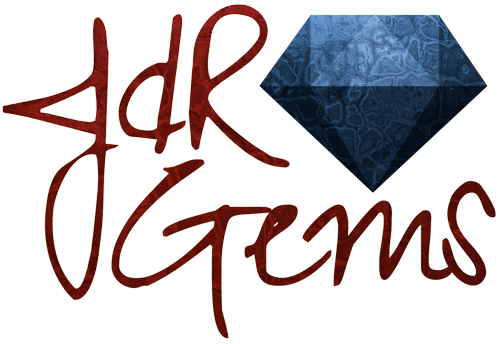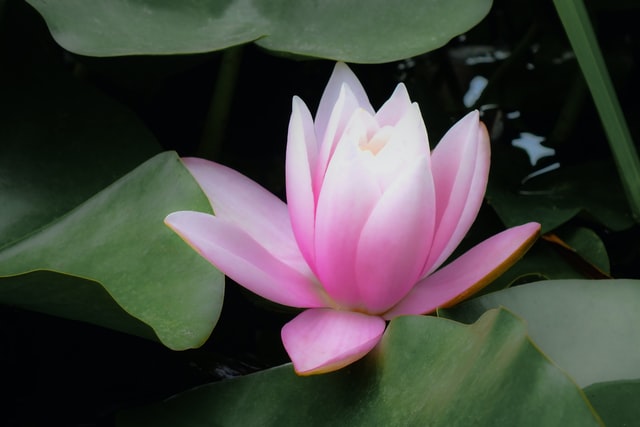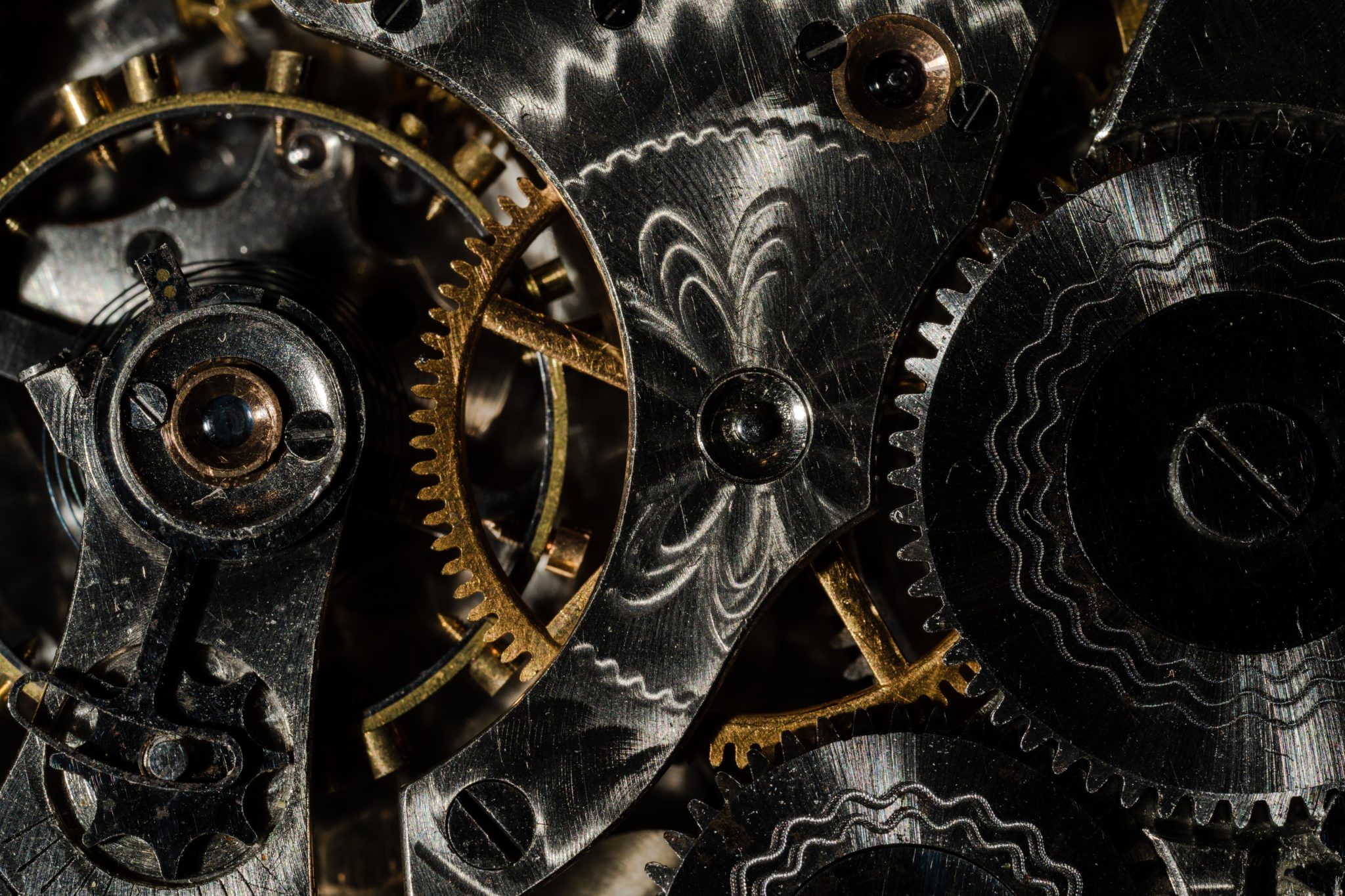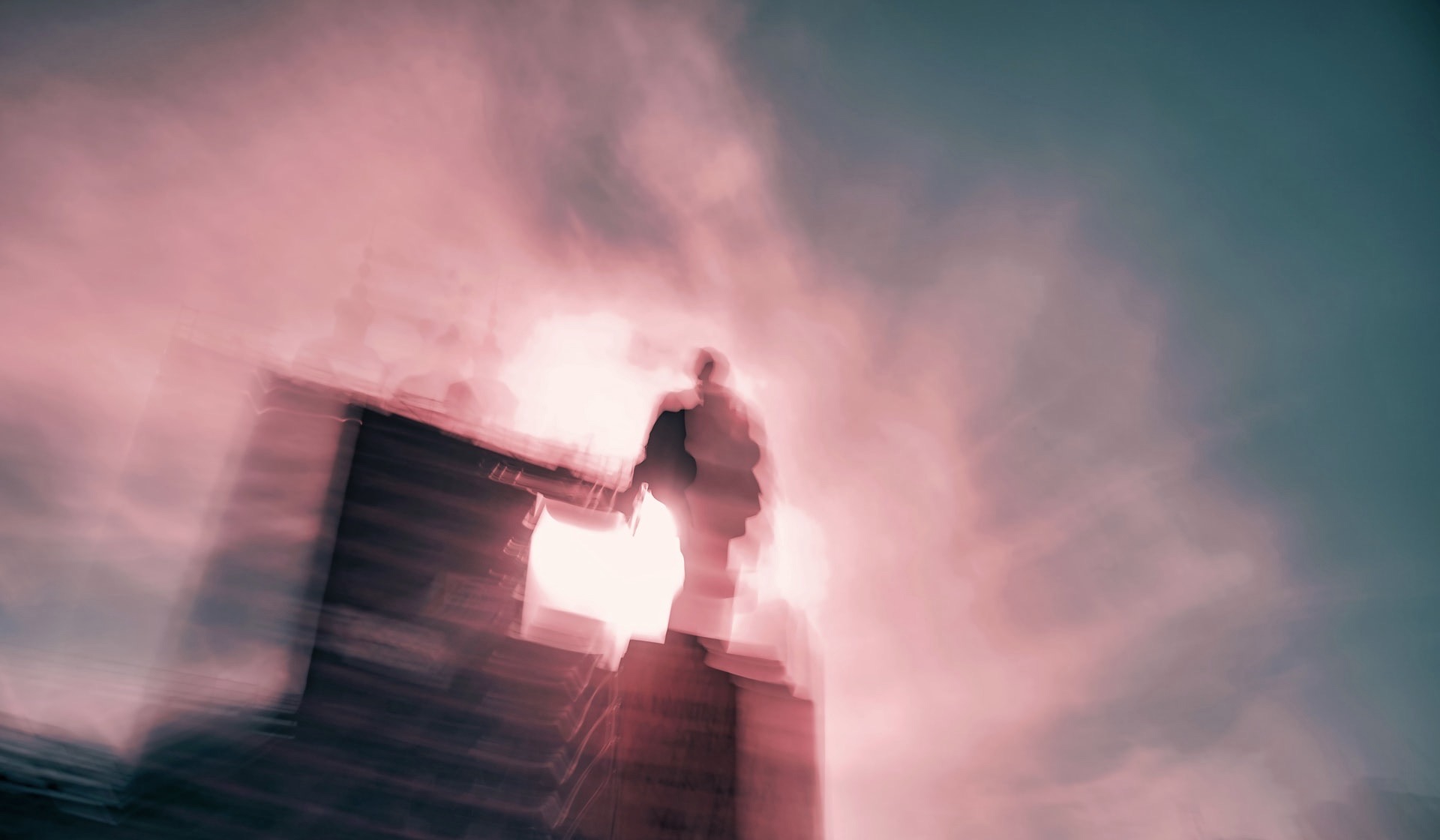John: What can I do for you?
Q: It’s very nice to meet you. How would you recommend I deal with anger? Whenever I’m working there’s a lot of anger that comes up in my system. It gets repressed a lot so I’m not always aware that it’s there.
John: The repression of it is because you hold in disfavour the effect of anger on your self and your life.
Q: You mean I’m afraid of what it can do to me?
John: Yes. You don’t like its effects.
Q: Yes. I’m a perfectionist, so somehow there’s a fear of the anger, as well.
John: The more angry you are, the more foolish you’ll be. You’ll do stupid things.
Q: Is that bad?
John: It’s good that it is like that, because that gives you feedback. It tells you that what you are being in your self is far from working well.
The way to deal with anger is by leaving your self out of it. Anger, without your self, dies on its own. What fuels and empowers the anger is your self filling the anger: you giving importance to what you feel in your self, what you want in your self, what you need in your self.
Leave your self out of it, and it dissipates. Leave your self out of the anger and you naturally return to your heart. When you leave your self out of the anger, you are relaxing, without focus, without result, without return.
As you relax without using form for you to relax, you return to being what you really are.
Q: I find that easier, but when I’m working there’s an intention, and I feel as if the anger gets projected into the future for an outcome to happen. There’s tension and frustration that it’s not like that, yet.
John: That’s because the more you do, the more you believe your self, the more you take your self seriously.
Q: True: I take my work so seriously and if I really look at it I don’t care, but some mechanism seems to make me care and worry about it.
John: When you do, you are empowering your sense of self. The more you do, the more your sense of you comes from what you’re using: your self. You’re using thought and feeling, will and emotion to be you. When you do, you leave being and you turn into forms for doing.
Q: Can I work, or do, without that in the ground of being?
John: Yes.
Q: How? That’s what I’m really struggling with.
John: Then you would do your work just warmly, but on a fundamental level it actually doesn’t mean anything to you. You are free of your own work; that when you do your work it doesn’t add anything to you.
If it adds something to you, you will steer to the feeling of control. The strongest feeling of control is anger.
Q: So that’s what it is: control?
John: Be warmly at work, instead of seriously at work. Warmly at work is more functional in work than you seriously at work. Seriously at work, you’re using so much energy in making your work all about your self.
Q: I’m going to get something for me. There’s a lot of that energy there.
John: When you are warmly at work, you are flowing in doing instead of doing to secure your sense of self. Flowing in doing is more efficient in the use of energy in doing, but flowing in doing doesn’t add anything to your self. Flowing in doing makes nothing of your self.
When you do something that requires a great amount of energy, such as climbing a mountain, when you are flow climbing a mountain, your whole climb isn’t about your self. It doesn’t centre on your self; you’re not getting a sense of self from the climb.
When you’re flowing in a very steep climb you’re using a great amount of energy and there’s no unnecessary use of energy. You’re not going into an emotional or an unneeded mental use of energy. You’re not spending what you’re doing on a sense of self, so then you won’t be registering the difficulty. The difficulty doesn’t register emotionally; it’s just physical. It is simply what it is. Nothing is added to it.
Then you are a flow in climbing a mountain. That’s a real use of your energy in the climb. As soon as you get a sense of self in the climb, you turn into a somebody. Everything that goes into the someone is an illusory use of energy; it’s a waste of energy. It contributes only to a false sense of your self.
In whatever you do, flow. If what you are doing is really important, you won’t flow.
Q: It feels like the stakes are high and there’s a lot to be lost if I don’t get it right, so it’s a tricky one.
John: It isn’t tricky. You are that tricky. You are the tricky one in making much of something that, when quieted within, you know it isn’t that. You are making something up.
It doesn’t really matter what you do. What really matters is what you are being in whatever you do. It doesn’t matter what job you have. What really matters is what are you being in your work?
On your deathbed it won’t matter to you what you have done with your life. What will matter to you is what you have done with your heart. If you’re not in your heart while you work, if you are not a flow while you work, you are wasting your time.
You weren’t born to make much of your self. You were born to move as being, in your self, in your life.
If you separate from moving as being, you create an illusory sense of self and a false life – a waste of your life. If you are successful at anything, but in that success you leave your heart, you have failed.
Whatever you gain while not being in your heart is false.
Q: I see that. It’s false and it’s exhausting. It feels like a betrayal.
John: It is a betrayal; you betraying what you really are to be something that suits only your self. It makes your sense of your self the centre of everything.
Return to the flow and go to work.
Q: Thank you so much.





